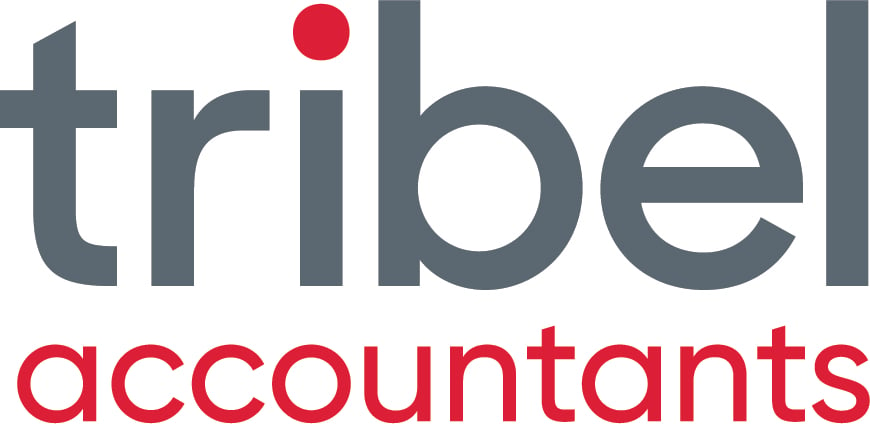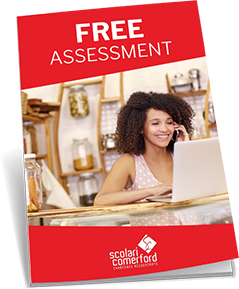INTRODUCTION:
There are a number of considerations to take into account when assessing how to buy a business.
Today though I would like to talk about the danger of related party transactions and why these should be examined carefully by business valuers, accountants and advisors who may be assisting you to make an informed decision on whether to purchase or not.

Figure 1: Examining related party transactions between the business being sold and other businesses is crucial to getting the right business valuation.
1. does the business transact with other vendor related businesses?
Examine the financial statements of the business being sold carefully and make inquiries whether the business purchases or makes sales to other entities by the vendor.
The balance sheet will sometimes show loans to the related entity or if you look at the debtors and creditors listings at a certain point these amounts could be shown as being owed or owed to such parties.
What you are looking for is for non-commercial transactions that could make the business having artificially high profits which affects the business valuation calculation.
Look for:
- Sales being made to the related party at higher margins than usual;
- Purchases being charged to the business at lower rates (thereby improving the margin also);
- Overheads that look to low such as salaries that may be being performed by the related party (including the owner themselves) but not charged to the business that you are looking to buy.

Figure 2: Which one costs more? Drill down to find which costs relate to the one you are buying.
2. Does the current business owner have other similar businesses?
It's sad to think that where a business owner has more than one business that they may artificially boost sales from one business that is not being sold to make the business that is being sold in another location to look great. The goodwill in business valuations can be much higher than they should be whether or not this happened by design or accident.
For example, an owner may have 2 pizza stores one in one suburb and one in another. To make the business that is going to be sold better, sales are banked from the other store and shown in the business for sale. Other costs such as advertising, accounting and some salaries of the target store are apportioned unfairly to the business that is not for sale.
Whilst I would hope that this would not happen intentionally, there is a real risk particularly where both stores are operated out of the same entity that transactions will not be allocated correctly to the right enterprise. Even if they are not shown by the same entity (e.g. separate companies), be careful when performing due diligence around these types of issues.
3. Who owns the premises?
If the premises are owned by the vendor, is a market rate of rent being shown in the profit and loss statements?
If not, make sure you reassess the profitability just like business valuers Sydney would do to arrive at the correct valuation.

Figure 3: If the vendor owns the building, study the profit and loss statement to make sure it shows a market rate of rent when assessing true profitability.
CONCLUSION:
There are many good reasons to look out for related party transactions when you are about to buy a business. Be very careful you are comparing apples with apples when working out its true performance. If you don't, once you sign on the bottom line to buy it, you just might have been sold a lemon that could end up costing you hundreds of thousands of dollars!


.png?width=100&height=100&name=COVID_Safe_Badge_Digital%20(002).png)




